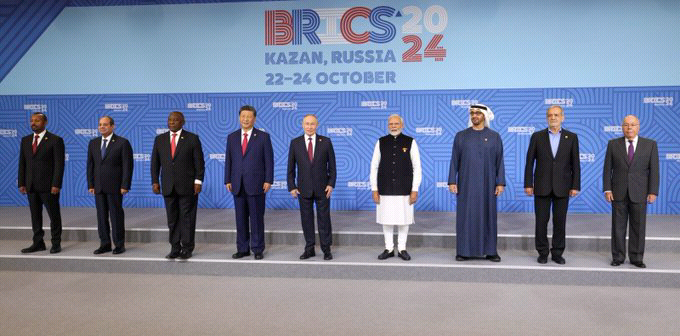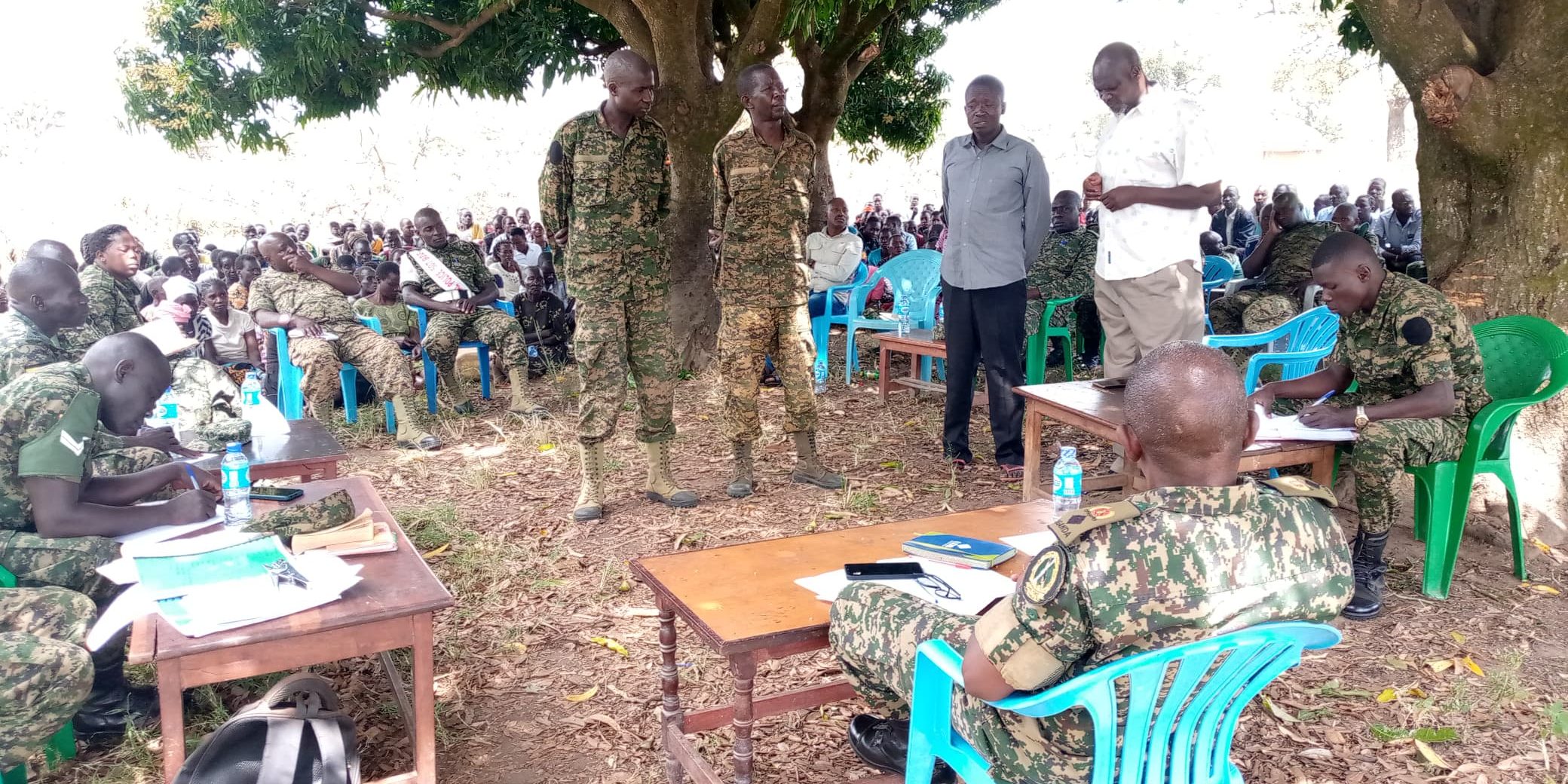In a historic development for global economic cooperation, Uganda, along with eight other nations, will officially become part of the BRICS alliance on January 1, 2025, according to Kremlin aide Yury Ushakov.
The announcement came following the BRICS summit in Kazan, Russia, which saw an agreement to expand the bloc by adding Belarus, Bolivia, Indonesia, Kazakhstan, Thailand, Cuba, Malaysia, Uganda, and Uzbekistan as official partners. This marks a significant moment in the organization’s growth, which now includes 13 nations with the potential for further expansion in the near future.
Ushakov confirmed that 35 countries had applied to join BRICS, demonstrating the increasing global interest in the alliance. As the newest member of the group, Uganda stands to gain a wealth of benefits by participating in the bloc’s collective economic, political, and developmental activities.
Joining BRICS presents tangible benefits for Uganda as it will usher in economic growth and investment opportunities. BRICS is the potential for increased investment. BRICS countries are major economic players, with Brazil, Russia, India, China, and South Africa being key global markets. As a BRICS partner, Uganda will likely attract foreign direct investment (FDI) from these member nations, boosting sectors such as infrastructure, technology, agriculture, and manufacturing. The financial cooperation between these countries can foster better trade agreements and open doors to new markets for Ugandan products.
Besides, access to Development Financing BRICS has established the New Development Bank (NDB), a key institution aimed at supporting infrastructure projects and sustainable development initiatives in emerging economies. Uganda will gain access to these development funds, enabling it to finance critical national projects, including roads, schools, hospitals, and energy infrastructure. The NDB’s focus on equitable development in emerging markets aligns well with Uganda’s needs as a growing economy.
Other benefits include:
Enhanced Trade Relations: BRICS has positioned itself as a champion of more balanced and diversified global trade. Uganda’s integration into this group provides an opportunity to increase its export potential and diversify its trade partners.
By leveraging BRICS’ influence, Uganda can negotiate better trade deals, reduce dependence on traditional markets, and engage in favorable partnerships. This expansion into BRICS’ broader trade network will facilitate stronger connections with not only Africa but also Asia and Latin America.
Strengthened Diplomatic Ties: Becoming part of BRICS will enhance Uganda’s diplomatic reach. The coalition of countries is united by shared goals of reforming global governance structures and providing an alternative voice to Western-dominated institutions. Uganda can benefit from this collective diplomatic influence, allowing it to advocate more effectively for its interests on the international stage. Additionally, Uganda’s involvement in BRICS could improve its global stature, allowing it to play a more active role in international affairs.
Technology and Knowledge Transfer: BRICS countries are leaders in technological innovation, with China, India, and Russia being major players in fields like digital technology, artificial intelligence, and space exploration. Uganda’s membership will provide opportunities for knowledge transfer and access to cutting-edge technology that could fuel innovation in Uganda’s tech, agriculture, and energy sectors. These collaborations could help Uganda bridge the technological gap and promote domestic innovation, ultimately improving productivity and creating new jobs.
Social and Sustainable Development: BRICS has a strong focus on promoting sustainable development and addressing issues like poverty, climate change, and social inequality. As Uganda becomes part of the BRICS network, it stands to benefit from collaborative efforts aimed at achieving the United Nations’ Sustainable Development Goals (SDGs). With access to expertise, funding, and global partnerships, Uganda will have new avenues to address its pressing challenges, including poverty reduction, healthcare improvement, and sustainable environmental practices.
Geopolitical Influence: Uganda’s new position within BRICS will give it a stronger voice in global geopolitics, particularly in reshaping global economic governance and countering the influence of traditional powers. As the alliance grows, it represents a powerful bloc of emerging economies that aims to promote a multipolar world order. Uganda’s participation will allow it to engage in conversations about reforming international financial institutions like the World Bank and International Monetary Fund, ensuring that the interests of smaller nations are better represented.
A Gateway to a Promising Future
Uganda’s inclusion in BRICS is a major milestone that will open up a world of opportunities for the East African nation.
With its abundant natural resources, young and growing population, and strategic location within Africa, Uganda is poised to benefit immensely from its membership in this influential global coalition. As the BRICS nations continue to expand and solidify their role as key players on the world stage, Uganda’s membership will mark the beginning of a new era of growth, investment, and international cooperation for the country.
Moreover, with over 20 other countries expressing interest in joining BRICS, the future of this bloc appears promising. Uganda, along with its new partners, will play a critical role in shaping the future of global trade, diplomacy, and sustainable development in the coming years.
Do you have a story in your community or an opinion to share with us: Email us at Submit an Article









